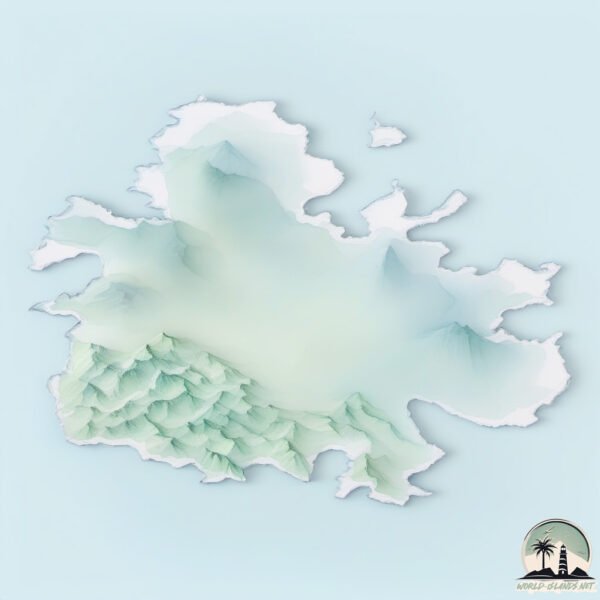Antigua

Welcome to Antigua, a Tropical island in the Caribbean Sea, part of the majestic Atlantic Ocean. This guide offers a comprehensive overview of what makes Antigua unique – from its geography and climate to its population, infrastructure, and beyond. Dive into the details:
- Geography and Size: Explore the island’s size and location.
- Climate and Weather: Weather patterns and temperature.
- Topography and Nature: Uncover the natural wonders of the island.
- Infrastructure and Travelling: Insights on reaching, staying, and making the most of your visit.
- News and Headlines: Latest News.
Geography and size of Antigua
Size: 275.2 km²
Coastline: 186.6 km
Ocean: Atlantic Ocean
Sea: Caribbean Sea
Continent: North America
Antigua is a Large Island spanning 275 km² with a coastline of 187 km.
Archipel: Lesser Antilles – A long arc of small islands in the Caribbean Sea, stretching from the Virgin Islands to Trinidad, known for their distinct cultures and tropical landscapes.
Tectonic Plate: South America – A major plate covering the South American continent and part of the Atlantic Ocean, known for the Andes mountain range and significant seismic and volcanic activity.
The geographic heart of the island is pinpointed at these coordinates:
Latitude: 17.07772049 / Longitude: -61.79835985
Climate and weather of Antigua
Climate Zone: Tropical
Climate Details: Tropical Savanna, Wet
Temperature: Hot
Climate Characteristics: Defined by distinct wet and dry seasons with high temperatures year-round. Pronounced rainfall occurs during the wet season, while the dry season is marked by drought.
Topography and nature of Antigua
Timezone: UTC-04:00
Timezone places: America/La_Paz
Max. Elevation: 279 m
Mean Elevation: 49 m
Vegetation: Open Woodland
Tree Coverage: 36%
The mean elevation is 49 m. The highest elevation on the island reaches approximately 279 meters above sea level. The island is characterized by Hills: Gently sloping landforms with rounded tops, having a maximum elevation between 200 and 500 meters. Hills contribute to a varied landscape on islands.
Dominating Vegetation: Open Woodland
Characterized by sparsely distributed trees with open canopy allowing sunlight to penetrate, supporting grasses and shrubs underneath. Often found in drier or transitional environments. Antigua has a tree cover of 36 %.
Vegetation: 14 vegetation zones – Exceptionally Diverse Island
Islands with more than ten vegetation zones are among the most ecologically rich and varied in the world. These islands are akin to miniature continents, boasting an incredible array of ecosystems. The sheer range of habitats, from high peaks to deep valleys, rainforests to deserts, creates a mosaic of life that is unparalleled. They are crucial for conservation and ecological studies.
Infrastructure and Travelling to Antigua
Does the island have a public airport? yes.
Antigua has a public and scheduled airport. The following airports are located on this island: V C Bird International Airport.
Does the island have a major port? yes.
Antigua is home to a major port. The following ports are situated on the island: ST JOHNS.
The mean population of Antigua is 334 per km². Antigua is Moderately Inhabited. The island belongs to Antigua and Barbuda.
Continuing your journey, Montserrat is the next notable island, situated merely km away.
ANTIGUA AND BARBUDA Travel Guide - Top 10 Best Things To Do



Antigua and Barbuda is classified as Developing region: Regions characterized by lower income levels, with economies in the process of industrialization and modernization. The level of income is Upper middle income.
News – Latest Updates and Headlines from Antigua
Stay informed with the most recent news and important headlines from Antigua. Here’s a roundup of the latest developments.
Please note: The data used here has been primarily extracted from satellite readings. Deviations from exact values may occur, particularly regarding the height of elevations and population density. Land area and coastline measurements refer to average values at mean high tide.
